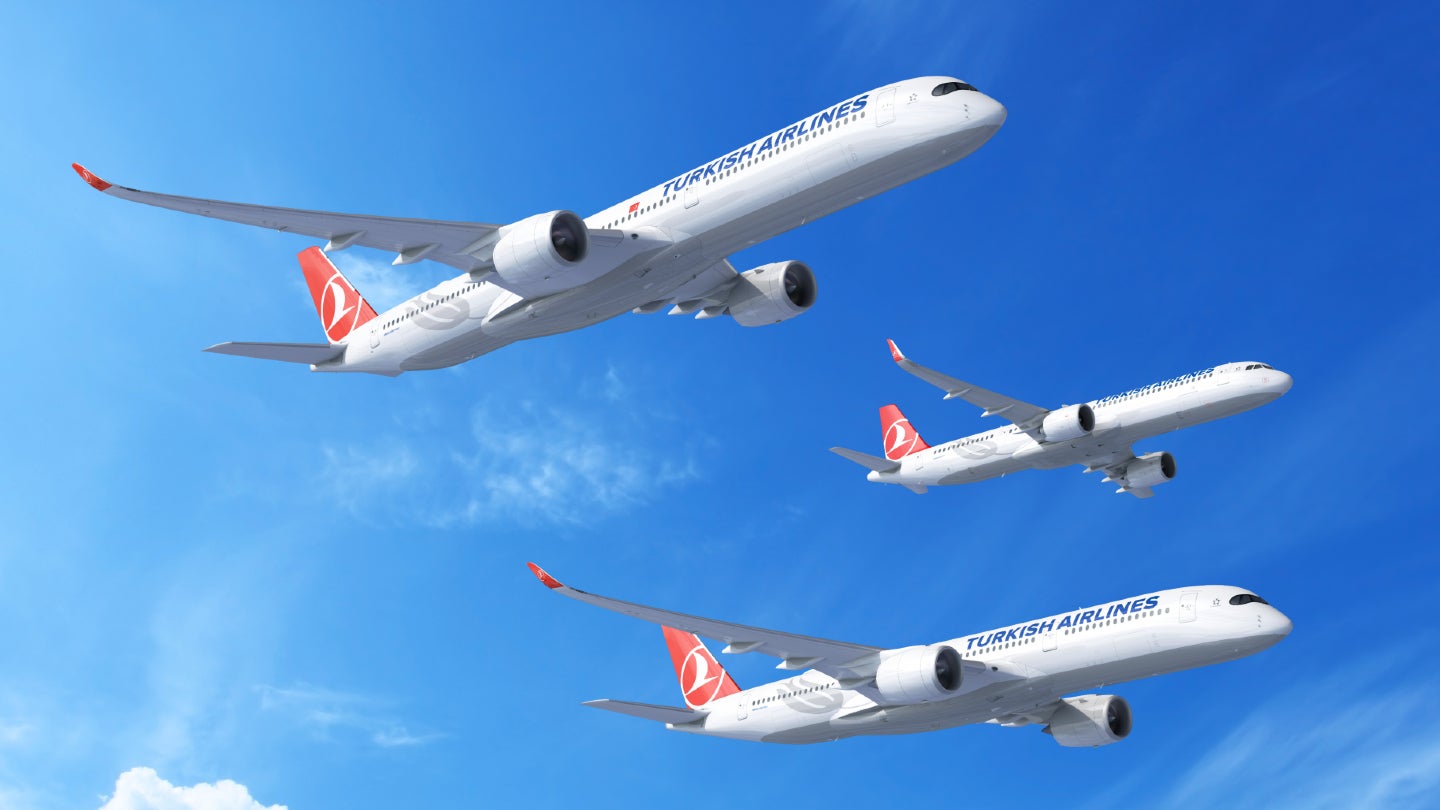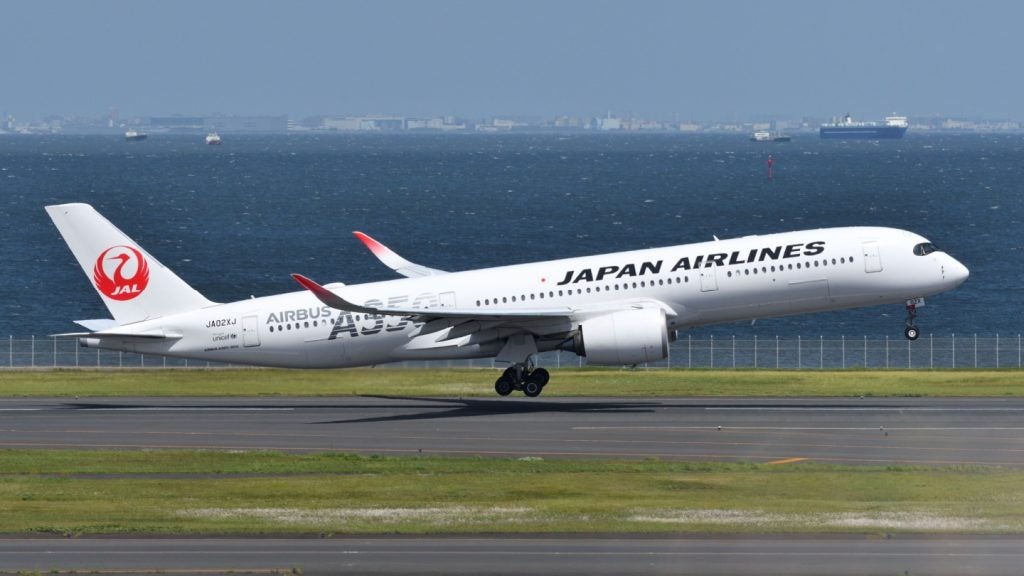
Turkish Airlines, one of the biggest in the Middle East, has placed an order for 220 aircraft from Airbus as it looks to modernise its fleet.
The significant purchase, described as a “landmark order” by the airline, is a major expansion on the airline’s two previous Airbus orders this year and is split across the manufacturer’s A321 and A350 families, with 150 and 70 respectively.
Dr Ahmet Bolat, chairman of the board and executive committee for Turkish, said: “The addition of these advanced Airbus aircraft to our fleet will not only enhance our operational capabilities but also significantly contribute to our environmental goals. This investment is a crucial milestone in the further evolution of Türkiye’s aviation industry.
“By modernising our fleet with more efficient and environmentally friendly aircraft, we are reinforcing our leading position in global aviation and contributing to the nation’s prominence as an aviation hub.”
Alongside the 150 A321neo aircraft, Turkish’s order will include 50 A350-900s, 14 A350-100s and 5 A350F freighters, taking the airline’s orderbook with Airbus to 504, though 212 have already been delivered.
See Also:
The addition of new freighter craft is in line with the news from earlier this year that Turkish Airline’s cargo branch, Turkish Cargo, had become the third biggest cargo carrier in the world according to IATA data, with 5.4% of the market share in May.
How well do you really know your competitors?
Access the most comprehensive Company Profiles on the market, powered by GlobalData. Save hours of research. Gain competitive edge.

Thank you!
Your download email will arrive shortly
Not ready to buy yet? Download a free sample
We are confident about the unique quality of our Company Profiles. However, we want you to make the most beneficial decision for your business, so we offer a free sample that you can download by submitting the below form
By GlobalDataAccording to Airbus, the A350 family delivers a 25% “advantage in fuel burn, operating costs and CO2 emissions” and a 50% noise reduction, while the A321neo offers the same benefits on noise and a 20% fuel saving and reduction in CO2 emissions.






